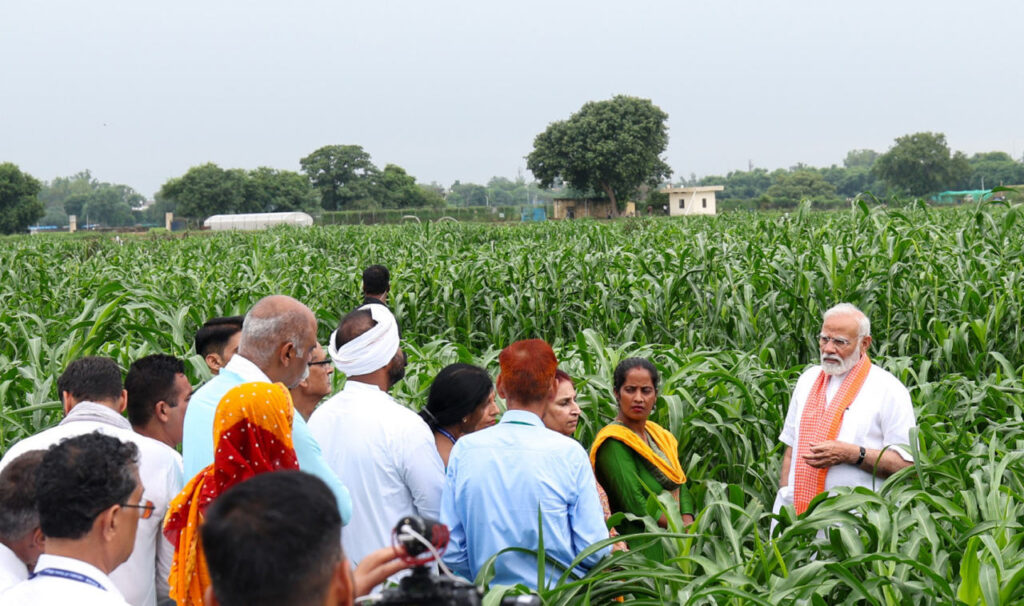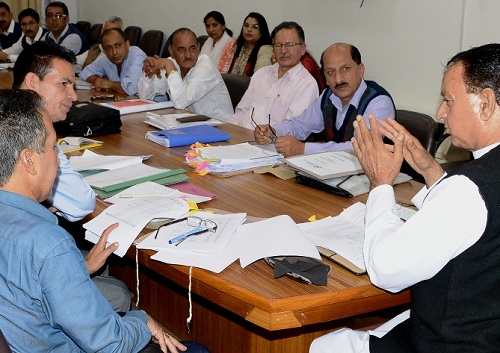New Delhi – In a significant step towards transforming Indian agriculture, Prime Minister Narendra Modi on Sunday released 109 high-yielding, climate-resilient and biofortified crop varieties at the Indian Agricultural Research Institute in New Delhi. The initiative aims to enhance agricultural productivity, reduce farming costs, and promote environmental sustainability.
During the event, Prime Minister Modi interacted with farmers and scientists, emphasizing the critical role of value addition in agriculture. He highlighted that the introduction of these new crop varieties would significantly benefit farmers by reducing their expenditure and positively impacting the environment.
“The development and release of these varieties are aligned with our vision of sustainable agriculture. These crops are not just resilient but also contribute to the health and well-being of our citizens by promoting nutritious and organic farming practices,” said PM Modi.
He also stressed the growing importance of millets and other nutritious foods, underscoring the rising consumer demand for organic and natural products. “People are increasingly moving towards healthier food options, and our farmers are at the forefront of this shift,” he added.
Farmers attending the event expressed their appreciation for the government’s efforts in promoting natural farming. They acknowledged the role of Krishi Vigyan Kendras (KVKs) in spreading awareness and educating them about the benefits of these new crop varieties. The Prime Minister encouraged KVKs to continue their proactive approach, ensuring that farmers are well-informed about the latest agricultural advancements.
The crop varieties released by the Prime Minister cover a diverse range of 61 crops, including 34 field crops and 27 horticultural crops. These include seeds of various cereals, including millets, forage crops, oilseeds, pulses, sugarcane, cotton, and fibre crops. Additionally, horticultural crops such as fruits, vegetables, plantation crops, tuber crops, spices, flowers, and medicinal plants were also introduced.
Scientists involved in developing these crops revealed that their efforts are in line with PM Modi’s directive to integrate unutilized crops into mainstream agriculture. “Our focus has been on creating varieties that are not only high-yielding but also climate-resilient and biofortified to meet the growing challenges of modern agriculture,” said a scientist at the event.















